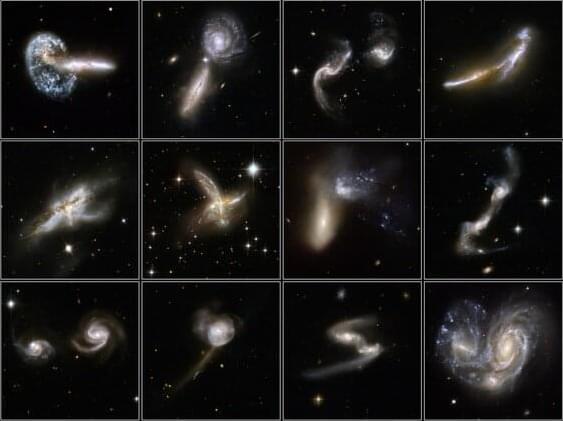A detailed analysis of the composition and motion of more than 500 stars has revealed conclusive evidence of an ancient collision between Andromeda and a neighboring galaxy. The findings, which improve our understanding of the events that shape galaxy evolution, were presented by Carnegie’s Ivanna Escala Monday at the meeting of the American Astronomical Society.
Galaxies grow by accreting material from nearby objects—other galaxies and dense clumps of stars called globular clusters —often in the aftermath of a catastrophic crash. And these events leave behind relics in the form of stellar associations that astronomers call tidal features. This can include elongated streams or arcing shells moving around the surviving galaxy. Studying these phenomena can help us understand a galaxy’s history and the forces that shaped its appearance and makeup.
“The remnants of each crash can be identified by studying the movement of the stars and their chemical compositions. Together this information serves as a kind of fingerprint that identifies stars that joined a galaxy in a collision,” Escala explained.










Comments are closed.